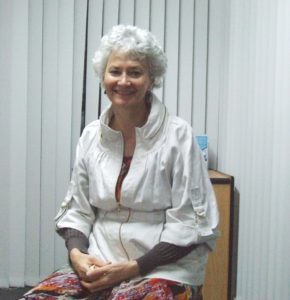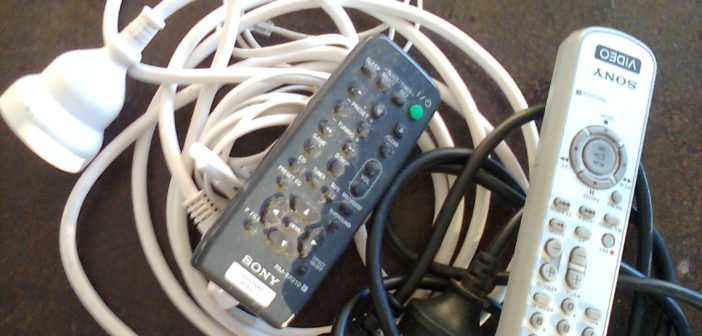
On the tele…
Elysium, a Film:
The elite evacuate a grey polluted earth for a space habitat with beautiful outdoor surrounds and in every home a medi-bay capsule that cures every disease except death.
Three years, nearly to the day the film Elysium, which is the name of the space habitat, was released (9 August 2013) but as usual for me, I watched it on TV for the first time 31 July 2016 on TVNZ’s Channel 2.
Would I have gone to the box office to watch Elysium, regardless of the date? Probably not – as bizarre as it may sound that I am a futuristic fiction writer, I’ve never been a fiction watcher or reader.
My excuse this time –it was in my lounge, and whilst doing other things, one can become exposed.
On one hand, I was impressed with the underlying message of the year 2154 – if we don’t care for our planet now, we’ll turn it into a cess pit, as author Neill Blomkamp wrote then directed.
The future he portrays is controlled by Android robots that read human responses including the emotional and physical. Then the robots step straight into regulatory muscling and intimidation. The Android does what it is ordered by those residing on Elysium – running the masses of slave labour, sick and dying in their slums.
This film, to a middle-aged woman, is what I would call ‘typical American’ overcharged with violent drawn-out scenes with mostly predictable outcomes – except for the ending which was quite brilliant.
The main character, Max, grows up in an orphanage and becomes a friend of a girl called Frey. As an adult she becomes a nurse and he a factory worker making Androids. They meet for the first time as adults a little before he has a work-place accident due to comparable 18th Century negligence,
His job is to put the robots into an oven charged with radioactivity. He is locked in during melt-down, lives through the ordeal but given five days to live. Desperate to fulfil his dream of going to Elysium he agrees to be fitted out with a recording device in his skull and armour attached to his bones.
After and during skirmishes with the elite’s hit-men, he seeks help from Frey, whom he finds has a daughter with leukaemia – giving her, also, the motivation and urgency to get to Elysium’s medi-bay capsule.
Of course, they travel together (with Frey’s daughter and the baddies), and there is an energy between the couple, but alas, the ending for him is fatal once the information download he’s carrying is complete. The good news is that the ruling Androids will now treat humanity on earth as Elysium residents – meaning the masses can receive the medi-bay health cures.
The battle was bloody but the war was a gentle computer download that saves the dying on earth. One can philosophise over that outcome, should one choose.

On the tele…
Shortland Street: Soapy Soaps:
Credit has to be given to the script writers of television soap-box dramas. To keep it lively and engaging for viewers to return day after day requires talent, psychological know-how, not the least creative imagination. Talent is also required in keeping the scripts tight, lively and believable.
New Zealand soapy Shortland Street is set in a hospital and holds true to tight and lively but viewers are either deluded or generously forgiving if they think it even close to real or believable.
Ask any doctor or nurse and they’ll quickly tell you Shortland Street – all that sex and hot air – is nothing like the real deal of a hospital. How they would know without admitting to watching it (the show with the sex) I’m yet to learn.
Even though most of us know it’s horribly untrue of the real workplace we continue to go back for ‘the more’.
And what is ‘the more’ and why do we want more? Is it because we have boring lives, or is it the passive drama that we are participating?
After all, while watching it, we don’t have to be held to account for our contribution to the crime stats.
Our indulgences may truly be waiting for our next Shortland Street fix and of course we understand that it is filled with actors and false blood, don’t we!
Viewers of any soapy, be it; New Zealand’s Shortland Street, Australia’s Neighbours or its Home and Away, England’s Coronation Street – we can console ourselves that we are only viewing not partaking in humanity’s sad-arsed ‘real’ life version.
Getting back to answering: What is ‘the more’: If it’s a murder and we know who ‘did it’ but can’t wait to see who the culprit next deceives, we are consoled in knowing it wasn’t us. We are here watching innocently minding our own business and not murdering anybody. If we don’t know who ‘did it’ we hang out watching and guessing who dun-it.
What annoys the non-soap-box-watcher, I believe, is the reality of the human dynamics – like a mirror – how annoying!
In a soapy every aspect of life is condensed: the happenings (and their increased regularity in a single small community), the characters’ personality traits and how close and wider relationships develop and play out.
What I find grating sometimes is that the script-writers sometimes go too far from reality.
For example, Shortland Street’s virus outbreak or the overly bad-arsed female doctor murderer manipulator Victoria (great acting experience and a role any actor would desire).
When it gets to the “oh come on, this is boringly unreal” look out Mrs Producer, viewers are considering an exit – and that can happen as fast as the script roll-out – such as is the fickleness of fickle.
We’ll only go so far with the tissues and if it’s too unreal we’re not getting the right aerobic heart exercise, just increased blood pressure from the frustration of it all.
Anybody who doesn’t understand ‘the more’ feel free to drop me a line at info@artbop.co.nz (marked for the attention of Gillian Cook, Film and Television Reviewer) otherwise know that this finely balanced craft of human capture through soap-box media – brings us the latest in human fore-play (mind above belt please).

Author Gillian Cook Photo by Sam Woodward
Gillian Cook: Tauranga based children’s author Gillian Cook has a background in journalism and newspaper editing. A member of Tauranga Writer’s Inc. Gillian is a published author who has other work ready to go. Take a look at Gillian’s interview with ARTbop Literary Editor Sam Woodward about her sci-fi young adult fiction.





